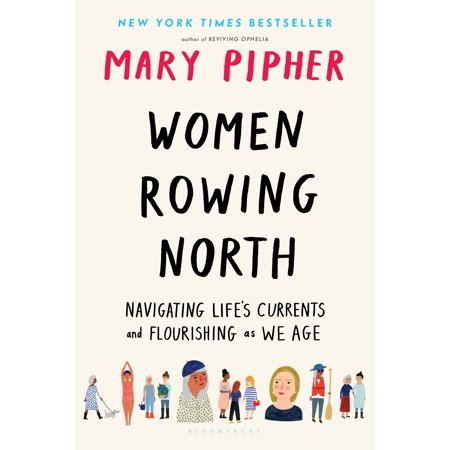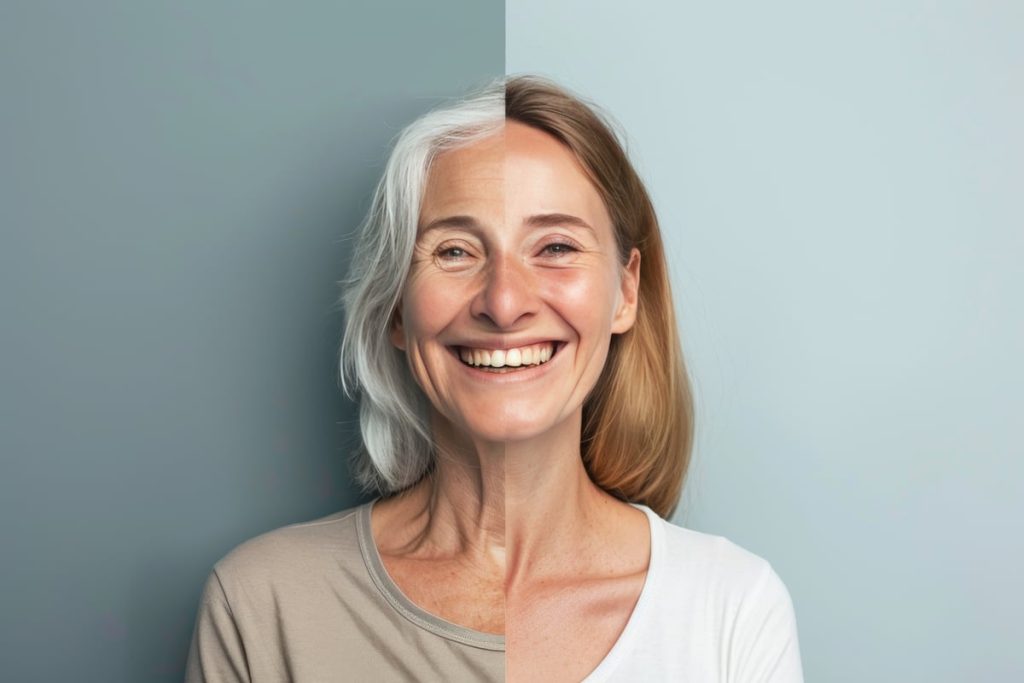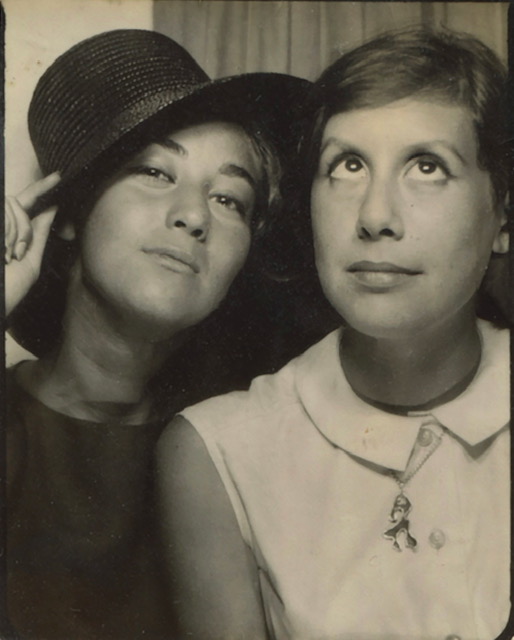Mary Pipher is a psychologist who specializes in women—adolescents in her first bestseller, Reviving Ophelia: Saving the Selves of Adolescent Girls (1994), and now those entering old age in Women Rowing North: Navigating Life’s Currents and Flourishing As We Age. Published in January 2019, it too became a bestseller, not only because Pipher is a gifted clinician and storyteller but because her message, like mine, resonates deeply with what our readers know: age confers voice, self-knowledge, contentment. We like being older.
“Contrary to cultural stereotypes,” writes Pipher, “most women become increasingly happy after age 55, with their peak of happiness at the very end of life.”
That’s despite having to contend with the misogyny, ageism and sexism that reduce us to sexless, voiceless, shapeless and useless caricatures of our richly textured selves.
“Old women in America suffer a social disease. For us, ageism may be an even more serious challenge than aging,” Pipher writes (emphasis mine).
Misogyny is dislike, contempt or ingrained prejudice against women. Pair it with ageism, which we are just beginning to confront, and the full truth is immensely painful. But we have choices and ever-louder voices.
“What women mean when they say, ‘I’m not old,’ is, ‘I won’t accept the ideas the culture has about me,’” Pipher writes.
If we have courage and will, we have agency. In Pipher’s words, “Because our current cultural stories about how we should behave are useless, we have great freedom to throw off our chains and resist definition by the broader culture.”
How do we do it? Pipher proposes three main steps:
“First, we can take responsibility for educating other people about both the negative stereotypes and the reality of our lives. We can resolve not to criticize ourselves or other women or make negative remarks about aging or appearance …
“We can be advocates for women of all ages, working to create the institutions and policies we require to live healthy, social, and productive lives throughout the life span.” This can take all kinds of forms, from writing letters and lobbying to protesting and “grab[bing] the attention of the press” by using music, art and theater.
“Finally, we can converse with people of all ages … Younger and older women working together is a great way to facilitate mutual respect, empathy, and understanding.” The goal is political change that will benefit the women who follow in our footsteps.
It’s no surprise my call to women, set out in this New York Times opinion piece, covers very similar ground:
- Tap into what we know: growing older enriches us.
- Learn to look more generously at each other and ourselves.
- Reject old-vs-young ways of thinking.
- Come together at all ages and talk about this stuff.
Let’s not delude ourselves: this is the work of a lifetime. We need to embark on it with others and across generations. But none of this stigma is “natural,” and none of it is fixed. A movement to end ageism is underway around the world, and—again, unsurprisingly—women are leading it.
We have a choice: we can keep digging the hole deeper, or we can throw away the damn shovel. We can move, if we have the will and the desire and the vision, from competing to collaborating. We can turn it from a conversation about scarcity and loss to one about empowerment and equity. And we can take that change out into the world.
The women’s movement taught us to claim our power; a pro-aging movement will teach us to hold onto it.



